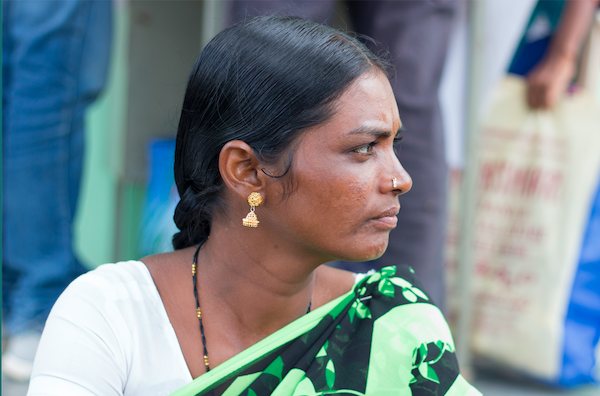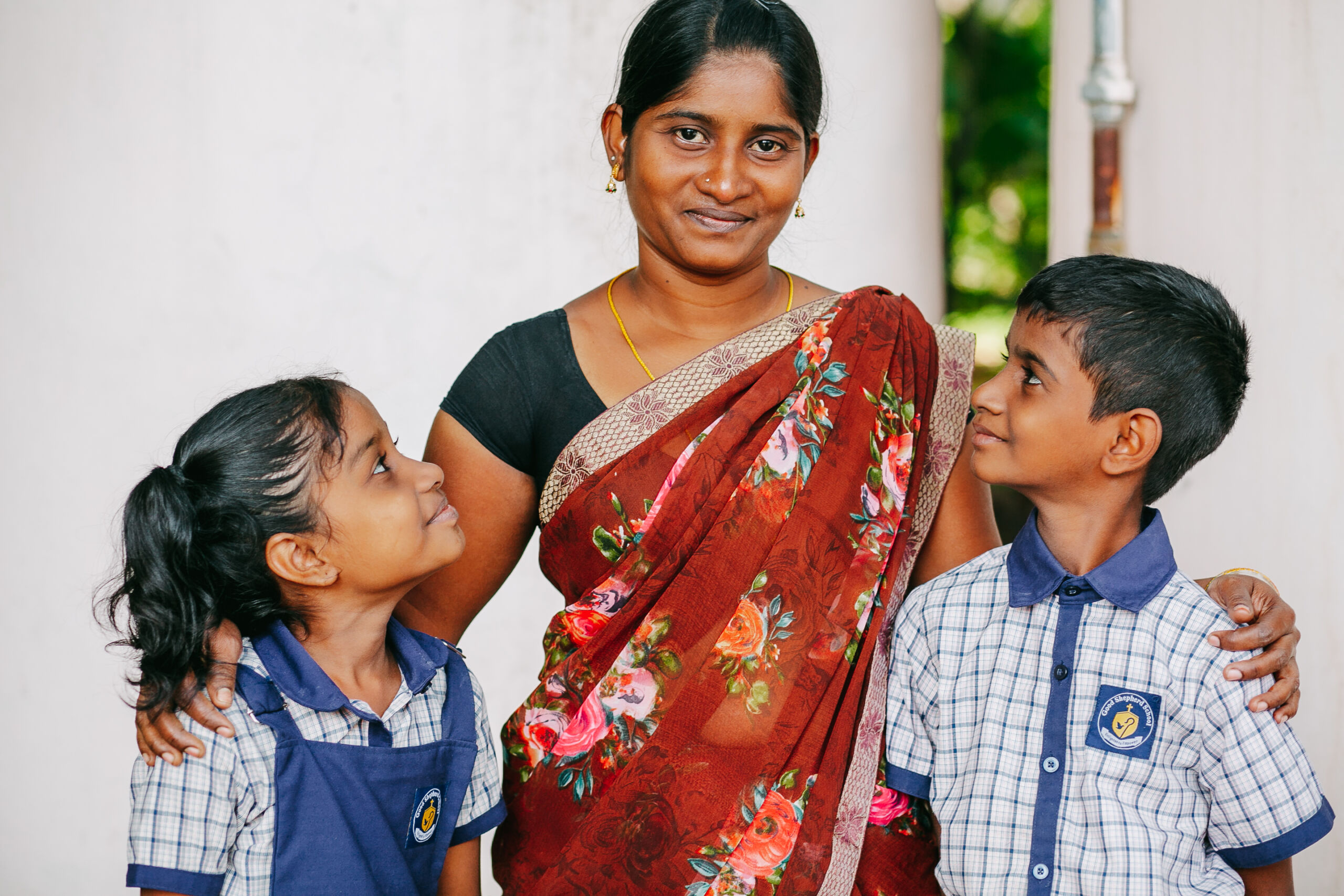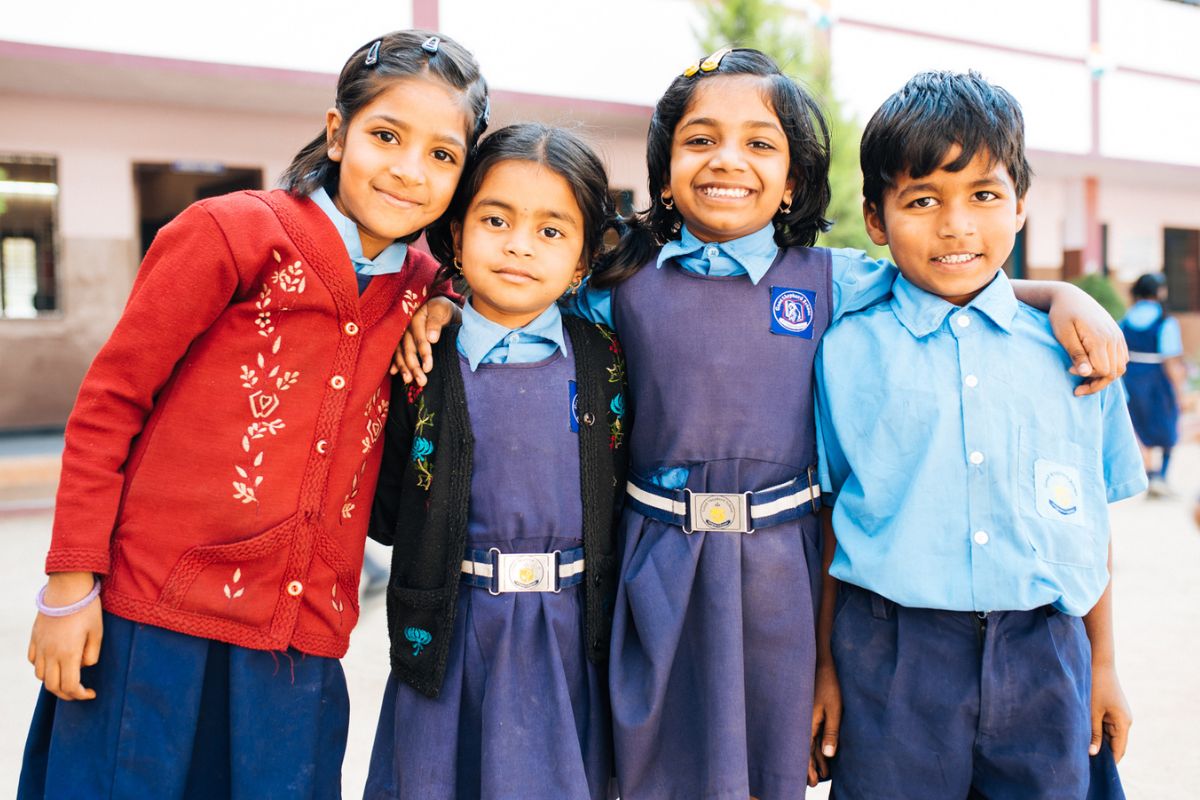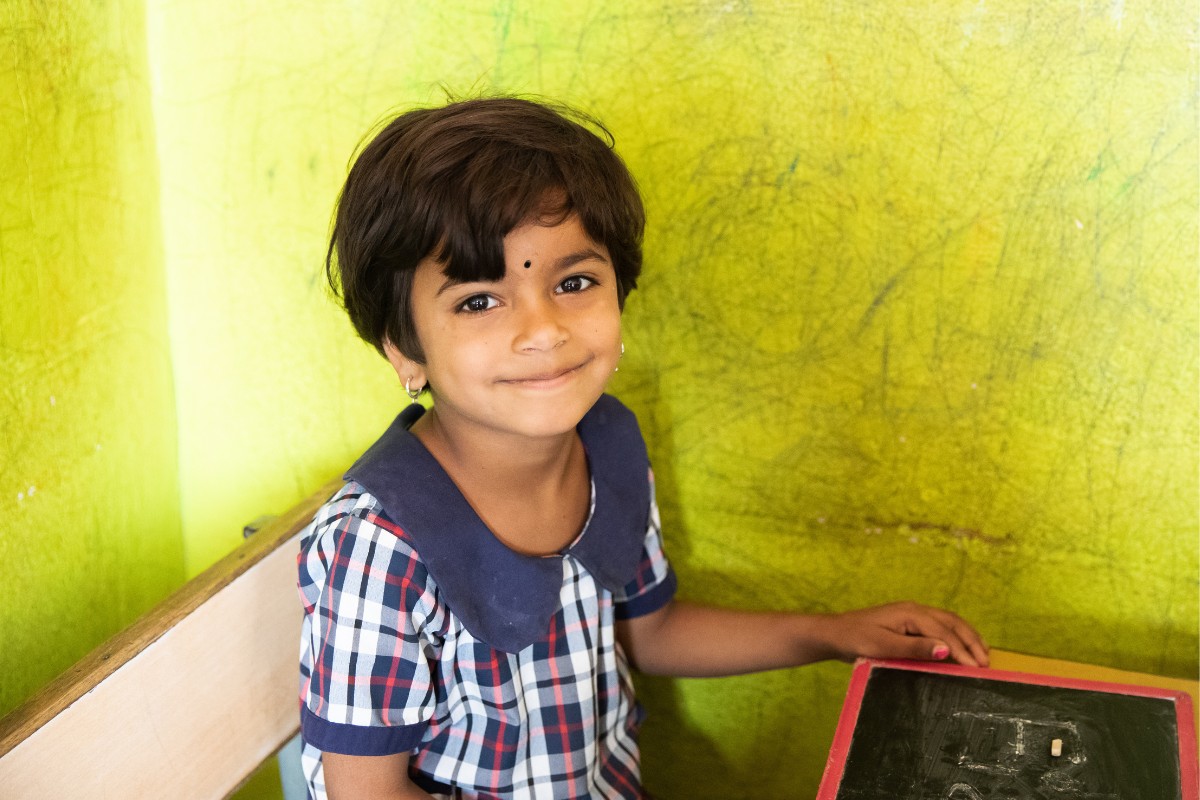As a young woman Nadia was caught in a violent marriage.
She never knew when her drunken husband would come home to take his anger out on her. With two young boys at home, it was only a matter of time before he came after them. Starting over isn’t easy in any culture. But for a single, uneducated mother in one of India’s rural villages, it’s almost impossible.
That was nine years ago.
That was before Amara, one of our Community Health Workers (CHW), moved gently into Nadia’s life. As Amara stepped into the middle of Nadia’s home, Nadia found her way out, a new beginning with a hope and a future.
Today, Nadia serves on the frontline lines of COVID-19 Crisis Relief in her village.
As a CHW, she’s teaching people about the importance of good hygiene and safe social distancing. She’s delivering hand washing kits door to door and watching for signs of hunger, illness, and violence.
That’s how she met Taara, a 51-year-old single mom, who recently lost her son to suicide.
Nadia found Taara lonely, isolated, and depressed. She made it part of her regular routine to stop by Taara’s house several times a week for fellowship over a cup of freshly brewed chai. Her visits brought fresh air to Taara’s cramped quarters. Their friendship soothed the ache of her hurt.
Recently, Taara called Nadia because she had a high fever and cough.
With no one to look out for her, fear and anxiety invaded Taara’s peaceful space. Nadia quickly intervened, making sure Taara received both medication and peace of mind. Taara recovered physically and mentally within a few weeks because of Nadia’s nurturing care.
We will never know if Taara had the coronavirus. There’s not enough testing available in India to know that. A single woman, with no family and no money is too high a risk for most hospitals and clinics. Too often women like Taara are denied care due to lack of supplies or because medical workers fear for their own health.
But Nadia is not afraid. Taara, and those like her, are her people.
It’s where she came from, and it’s who she’s here to serve. This is the calling of frontline community health workers in India: They reach into the homes of those who fall through the cracks, those who society wants to ignore and hide. This is who we seek out and who we serve.
Nine years ago, Nadia found hope through a dedicated frontline health worker.
Today, she is giving that same hope.
That’s community health at its finest. That’s DFN. That’s you.
Stories are real, all names and photos have been changed for protection, and are representative.






Get Social